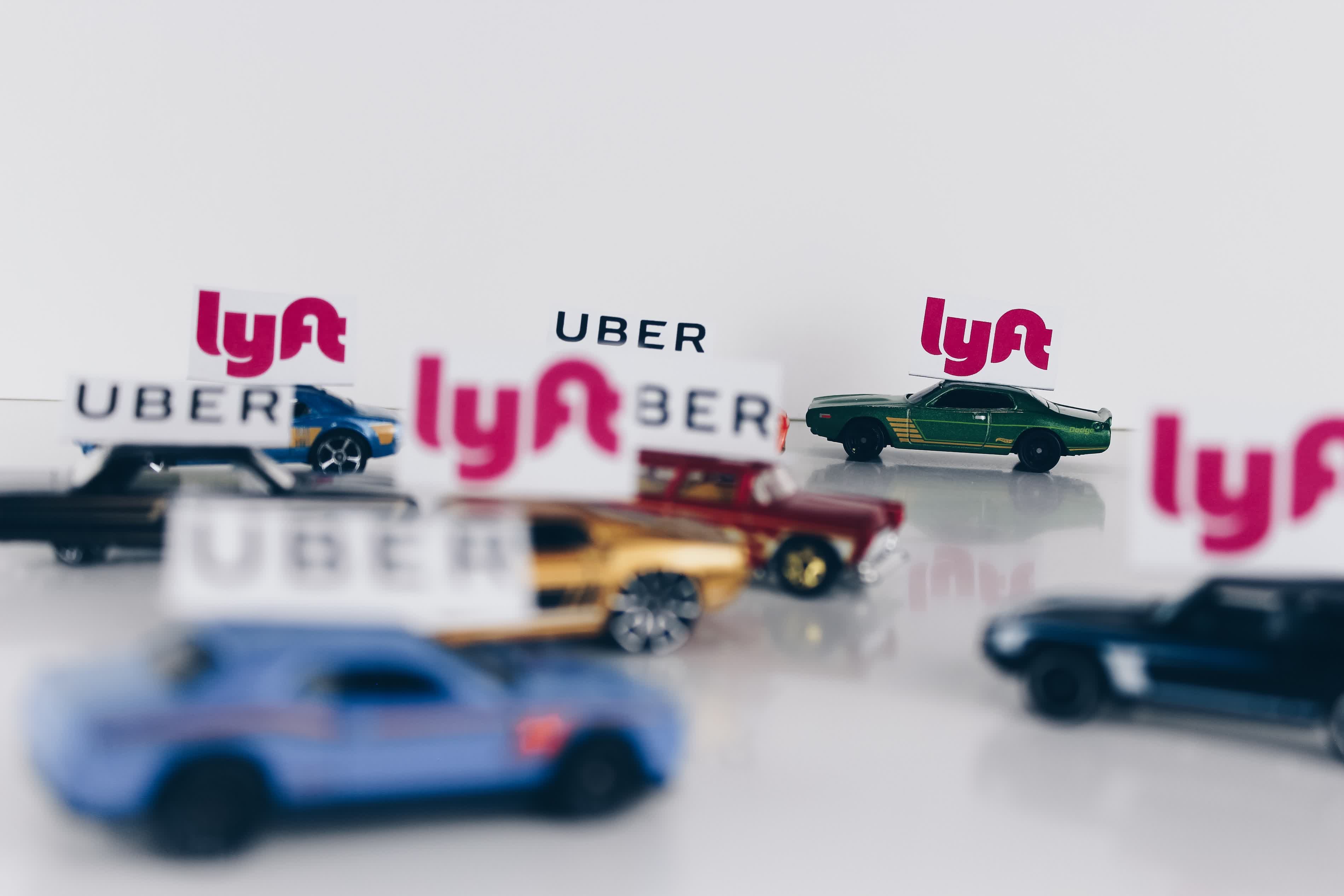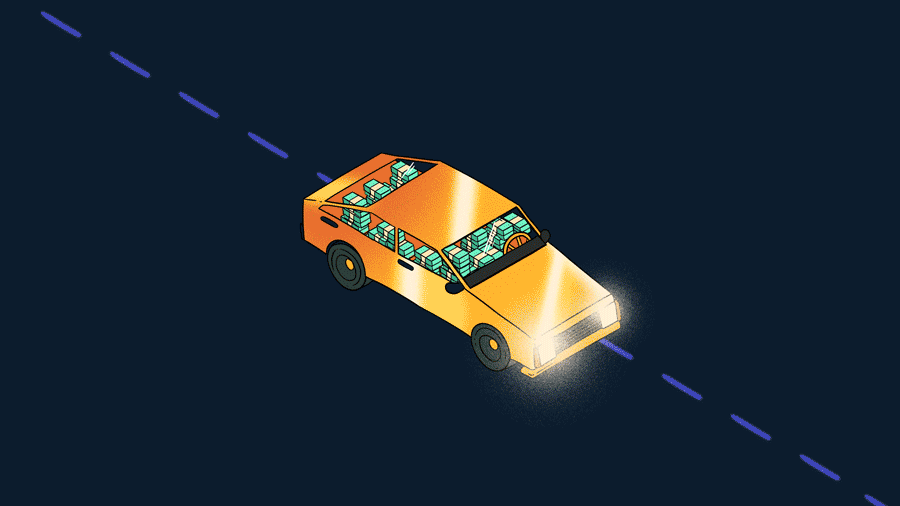A hot potato: Uber reported its first profitable quarter ever in November 2021, expressing optimism about its future. However, the company still hasn't managed to shake off the tainted image of its early years, and a new leak is bringing it right back into focus just as things are looking up.
A significant leak dubbed the "Uber files" has generated a flurry of media reports around the alleged house of cards built by the company in its quest for profitability. According to The Guardian, which gained exclusive access to more than 124,000 confidential files, the person who wanted to expose the ridesharing giant was Mark MacGann, Uber's former chief lobbyist.
During an interview, MacGann revealed the company's journey under former CEO Travis Kalanick was rife with wrongdoing. Between 2014 and 2016, key Uber staff and executives at the highest level were joking about the "other than legal status" of the company and were openly discussing shady growth strategies through internal communication channels.
This theme was consistent across 83,000 emails, as well as iMessage and WhatsApp messages. Many of these reveal how Uber allegedly had a system in place to circumvent the law in several countries, such as France, Germany, Sweden, Spain, the Czech Republic, Turkey, South Africa, and Russia. One executive even cautioned that since "we are not legal in many countries, we should avoid making antagonistic statements."

To put things in context, law enforcement in France, Belgium, the Netherlands, Hungary, Romania, and India had attempted several raids on Uber offices to crack down on what was considered illegal activity in their countries. In response, Uber flipped a so-called internal "kill switch" that prevented authorities from accessing any of its corporate data.
One executive noted in an email that "we have officially become pirates." Nairi Hourdajian, who was Uber's head of global communications at the time, made it very clear that these dubious tactics and protocols were sanctioned by the legal department."Sometimes we have problems because, well, we're just fucking illegal," she noted during an internal discussion.
A spokesperson for Kalanick told The Guardian that the "kill switch" had been designed for a different purpose and "should never have been used." The company stopped using the tool in 2017 when Dara Khosrowshahi replaced Kalanick as CEO.

Interestingly, Uber seems to acknowledge the wrongdoings that happened between 2013 and 2017, but the company also wants to shake off this negative image that keeps coming into focus in the media.
In a statement, Uber SVP of Marketing & Public Affairs Jill Hazelbaker explains "we have not and will not make excuses for past behavior that is clearly not in line with our present values. Instead, we ask the public to judge us by what we've done over the last five years and what we will do in the years to come."
To Uber's credit, it did course-correct over the past few years under Dara Khosrowshahi. Over 90 percent of its employees are relatively new faces that came on board after Khosrowshahi became CEO, and the company has made efforts to comply with regulations and improve driver and rider safety.
Still, this new leak comes just months after Uber reached profitability and showed signs of growth in areas that were previously hard hit by the pandemic. It took four years of hard work to get here, so it's easy to see why Uber would like us all to forget about what is considered "one of the most infamous reckonings in the history of corporate America."
Hazelbaker notes that CEO Dara Khosrowshahi changed the company's values and corporate culture for the better. "We've moved from an era of confrontation to one of collaboration, demonstrating a willingness to come to the table and find common ground with former opponents, including labor unions and taxi companies. We are now regulated in more than 10,000 cities around the world, working at all levels of government to improve the lives of those using our platform and the cities we serve."

If you're wondering why MacGann came forth with the Uber files, he says the company "sold people a lie." He admits to being involved in greasing the wheels of Uber's growth machine by talking to governments and telling people that changing the rules would bring about enormous benefits to drivers.
As the public face of Uber between 2014 and 2016, MacGann was tasked with extolling the great economic opportunity of the gig economy, but he has since changed his stance on the matter. He explains that "when that turned out not to be the case — we had actually sold people a lie — how can you have a clear conscience if you don't stand up and own your contribution to how people are being treated today?"
Of course, things get a bit more complicated when you look past the revelations. After McGann left Uber, he quietly started a legal dispute relating to his pay during his tenure at the ridesharing giant. As a result of winning the lawsuit, he was recently awarded €585,000 in outstanding bonus pay. This raises the question of whether McGann only felt compelled to share these revelations after being compensated by Uber.
In the meantime, The Guardian dug deeper into the Uber files and found evidence that the company had paid several leading academics to publish research that painted the gig economy model in a positive light. For instance, one French academic received a €100,000 consultancy fee to use cherry-picked Uber data and publish a paper that showed how ridesharing was a way to create well-paid jobs and a cheap, convenient transportation option for people living in the suburbs.
The report also glossed over relevant details like the fact that drivers needed to deduct operating costs such as fuel, car maintenance, and insurance from their supposedly impressive gross earnings. In essence, Uber was able to create a narrative that a ridesharing company with huge losses could bring incredible innovation to the gig economy.
As you'd expect, Uber denies any wrongdoing. The company says the research paper in question made it clear the "payout" figures didn't account for the drivers' costs. Furthermore, it denies hiding the nature of its relationship with the academics that were sponsored and explains the datasets were available to academics wanting to review the related research.
Image credit: Viktor Avdeev, Thought Catalog
https://www.techspot.com/news/95246-ex-uber-lobbyist-mark-mcgann-exposing-ridesharing-giant.html